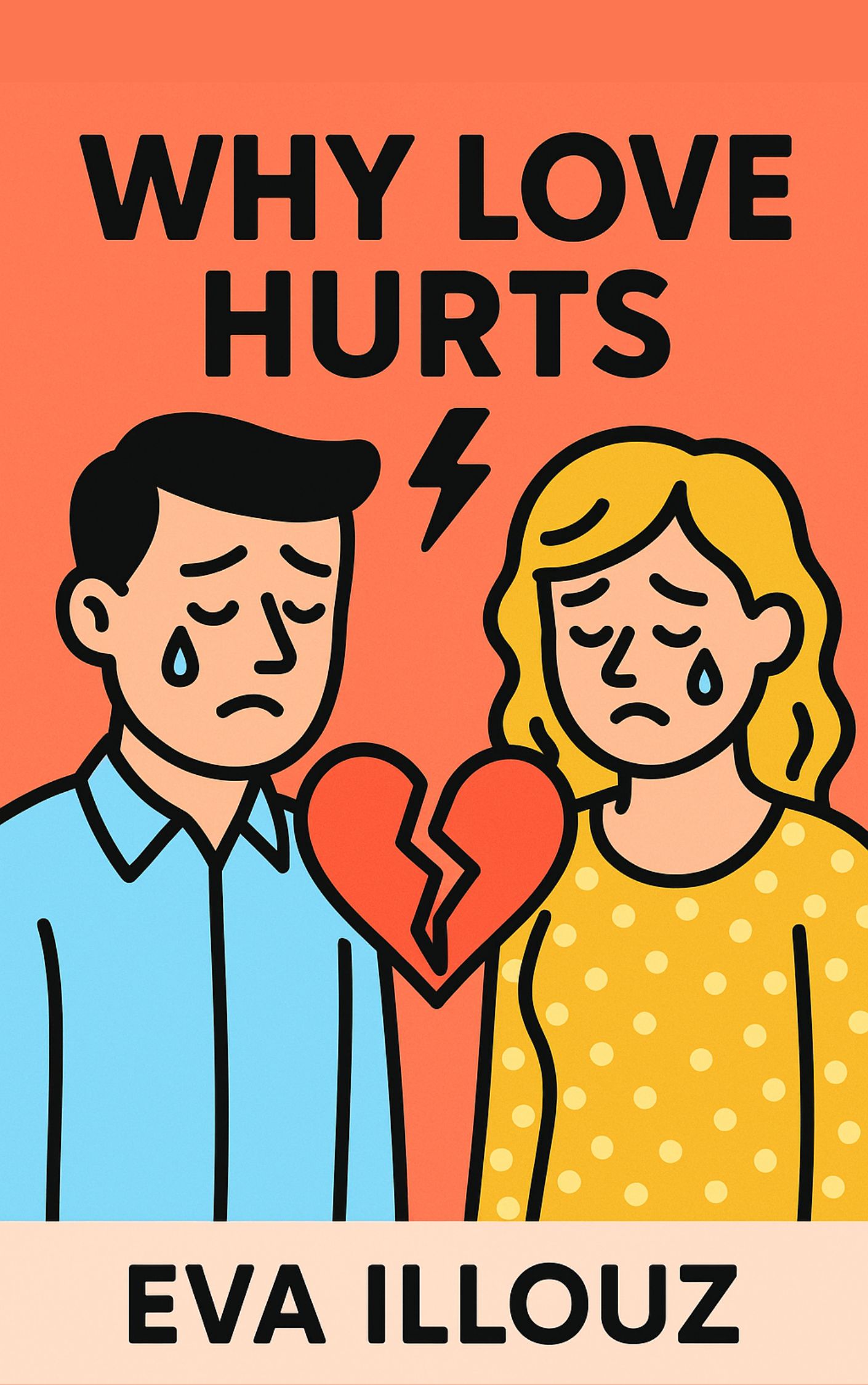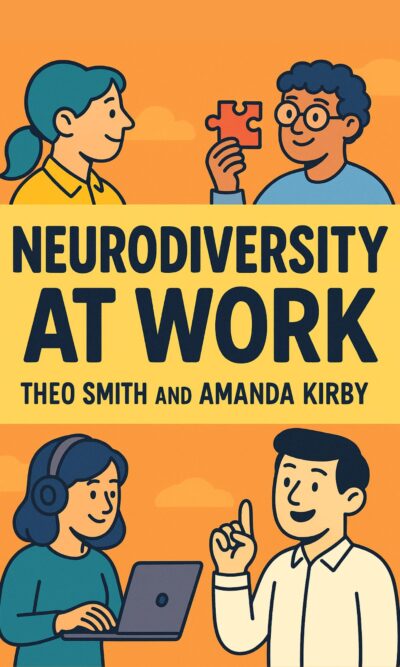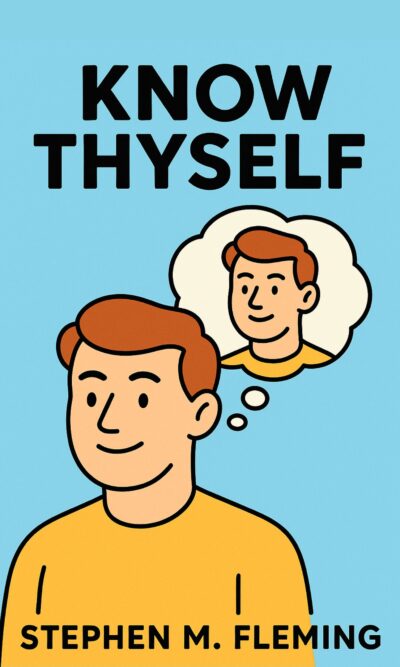Description
Love is one of the deepest human desires. We all hope to find it, nurture it, and keep it alive. Yet for many people, love is also a source of confusion, frustration, and even suffering. It often feels like no matter how much effort we put into our relationships, something always goes wrong. This raises a natural question: Why does love hurt so much in the modern world?
The answer lies not in some natural flaw in men or women, but in the way society has shaped our ideas of romance, relationships, and gender roles over centuries. Understanding these influences can help us see that pain in love is not always personal failure. Instead, it reflects the broader cultural and social patterns we are all part of.
In earlier centuries, love was not about personal happiness or emotional connection. Instead, it was heavily tied to tradition, duty, and social status. Marriage was often arranged with the aim of strengthening families, creating financial stability, or forming alliances. Romance and affection, while not absent, were secondary. Men were considered protectors, women were considered fragile, and love reinforced this imbalance. For men, being in love could demonstrate honor and masculinity. For women, love often meant devotion and dependence. The relationship itself was structured around inequality.
The twentieth century brought radical change. The sexual revolution and feminist movements of the 1960s challenged many of these old ideas. Women gained more independence, more freedom of choice, and greater power to define their own lives. Relationships shifted away from economic necessity toward emotional fulfillment. Marriage was no longer just a business deal—it became about love, compatibility, and shared dreams. While these changes opened up new opportunities, they also created new difficulties. Now that people have greater freedom to choose partners, the pressure to find the “right” one has become much heavier.
This freedom also introduced beauty and attractiveness as major criteria in partner selection. In the past, wealth, family, and social background were often the deciding factors. Today, appearance carries enormous weight. A person’s attractiveness can even affect their chances of marriage, career progress, and financial security. This can create an invisible hierarchy where those who fit society’s beauty standards are rewarded, while others are overlooked, regardless of their deeper qualities.
Another challenge is the timing of relationships. Many women feel pressure to settle down earlier because of fertility concerns and societal expectations. Men, on the other hand, often prioritize independence and freedom for longer periods of their lives. This mismatch in timing creates disappointment, as one partner may want commitment while the other is not ready. The tension between independence and the desire for family is one of the central conflicts in modern love.
Power dynamics also influence the way love unfolds. Women often connect their self-worth more closely to love and relationships than men do. After a breakup, many women tend to blame themselves, replaying mistakes and questioning their value. Men, by contrast, often feel less personal blame and move forward more easily. This imbalance can give men more control over the direction of relationships, while leaving women more vulnerable to self-doubt and insecurity.
At the same time, love has become more rationalized. In earlier times, love was seen as mysterious, even sacred. Today, science and technology have stripped away some of this mystery. Psychology, biology, and neuroscience offer explanations in terms of hormones, brain chemistry, and reproductive drives. On top of that, the rise of online dating has made the search for love almost like a logical puzzle. Algorithms, compatibility tests, and endless profiles turn romance into a calculation. While this allows people to connect with more potential partners than ever before, it also reduces the magic of chance and can make relationships feel transactional.
The internet has also created a new layer of fantasy and disappointment. Talking to someone through emails, video calls, or social media can create the illusion of intimacy. People project their hopes onto someone they have never met in person. Expectations rise, but when the relationship eventually becomes real—or collapses—it often leads to heartbreak. The distance between digital fantasy and everyday reality can be painful. A person who seems perfect online might be quite different in person, but by then, strong feelings may already have formed.
Media and popular culture make things even more complicated. Movies, novels, and advertisements often show love as thrilling, passionate, and dramatic. Compared to these glamorous portrayals, ordinary relationships can feel dull or disappointing. People begin to compare their real lives with unrealistic stories and end up dissatisfied. Social media adds to this by constantly showing curated images of happy couples, beautiful vacations, and seemingly perfect lives. The result is a cycle of comparison and unhappiness.
Despite all these challenges, the core truth is that love still thrives on passion, vulnerability, and emotional connection. Rationality and choice may dominate the modern dating landscape, but lasting relationships depend on genuine feeling. Passion is risky—it opens us up to being hurt—but it is also what makes love meaningful. A true connection pulls us out of ourselves and allows us to find deep significance in another person.
To make love work, it is also important to see that gender differences are not set in stone. Men and women are not naturally from separate worlds. They are shaped by social expectations. Men may appear less emotional or more distant, but that is often because of cultural training, not biology. If we can create space for men to be emotionally open and vulnerable, and for women to release the burden of constant self-blame, relationships can become more balanced and rewarding.
Love will never be free from struggle, but it does not have to be a constant source of pain. By recognizing the pressures of society, the illusions of media, and the unrealistic ideals we carry, we can approach love with greater honesty. This honesty allows us to build relationships that are not perfect, but real—relationships that can withstand disappointment, grow stronger through challenges, and bring genuine joy.
In the end, love hurts because it matters so much. We give it the power to shape our lives, our sense of self, and our future. The goal is not to avoid pain entirely, but to learn how to love wisely: with passion, with respect, with awareness of the social forces at play, and with the courage to keep going even after heartbreak. Love may be complicated, but it remains one of the most powerful and beautiful parts of being human.





